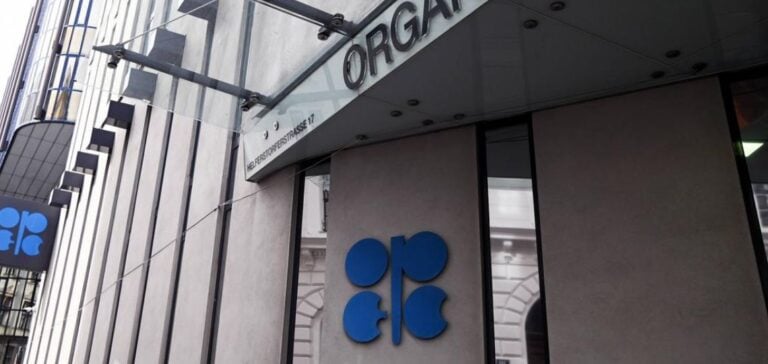OPEC+ has announced that it will maintain its oil production cut of 2.2 million barrels per day until December 2024.
This decision comes against a backdrop of falling crude prices, with Brent crude at its lowest level since last December.
By postponing the initially planned increase, OPEC+ members are seeking to avoid a further fall in prices, exacerbated by negative global economic signals.
The main countries in the alliance, such as Saudi Arabia, Russia, Iraq and the United Arab Emirates, are opting for a gradual opening of their production from December onwards, subject to market conditions.
This flexible approach enables them to adjust to price fluctuations and economic developments, while retaining the possibility of reversing their decision if necessary.
Impact of Economic Conditions on the Oil Market
Economic uncertainties are weighing heavily on the oil market.
In the United States, fears of recession intensify with each new disappointing economic indicator.
In China, second-quarter economic growth is slowing, raising concerns about global energy demand.
These factors are putting downward pressure on oil prices, already weakened by oversupply.
Swissquote analysts report that OPEC+ is “playing it safe” by extending production cuts.
However, this strategy may not be enough to stabilize prices, as investors continue to worry about the outlook for global demand.
The market remains volatile and reactive to changes in global economic fundamentals.
Strategic implications for OPEC+ Members
In the longer term, the supply reduction policy adopted by OPEC+ raises questions about its sustainability and impact on the group’s competitiveness.
Analysts at Capital Economics note that this strategy could lead to a loss of market share to producers such as the USA, Brazil and Guyana.
Increased production by these countries could weaken OPEC+’s position in the years to come.
Some alliance members are concerned about the impact of this policy on their short-term revenues, especially at a time when global oil demand could be peaking.
OPEC+’s approach of prioritizing prices over volumes requires constant adjustments and an accurate reading of market dynamics to avoid significant losses.
Outlook for Production and Market Balance
For OPEC+, the current situation calls for careful management of production balances to protect prices without causing further imbalances.
The group is also keeping a close eye on supply disruptions from countries such as Libya, where production interruptions are contributing to price volatility.
Members will need to adapt their strategies quickly if significant changes occur in market conditions.
Challenges persist for players in the global oil market, between the need to keep prices high enough to ensure profitability and the constant threat of overproduction that could compromise the desired balance.
The evolution of supply and demand over the coming months will be decisive in assessing the effectiveness of the strategy adopted by OPEC+ and its allies.






















